Careers in Botany Profiles
|
|
|
Dr. Natali Ramirez-Bullon
Fish and Wildlife Biologist | Plant ecologist, U.S. Fish and Wildlife Service
Ph.D. Florida State University
M.S. Florida State University
B.S. Universidad Nacional Agraria La Molina
@NRamirezBullon
Natali serves as a national lead recovery biologist of 10 federally listed species. She works at U.S. Fish and Wildlife Service - Asheville Field Office Natali’s doctoral research explored why some species are rare and how some populations of rare species are able to persist over time while others decline to extinction. Her work used field experimentation and synthetic analyses of global scale biological data to support a quantitative framework for setting conservation priorities for plant species.Natali is a National Socio-Environmental Synthesis Center (SESYNC) graduate fellow. She formed and led an interdisciplinary group of scientists to investigate how public engagement with biodiversity influences conservation policy and how it relates to conservation success.
|
| |
|
|
|
Dr. Alexandre Zuntini
Royal Botanic Gardens, Kew Research Fellow
Ph.D. in Botany, Universidade de São Paulo, São Paulo, Brazil
B.S. in Biology, Universidade de São Paulo, São Paulo, Brazil
@AlexZuntini
Research Gate
Alex is a computer-geek taxonomist, who enjoys playing with theories, techniques and coding to study the evolution of plants. In a multidisciplinary approach, combining classic taxonomy and systematics to molecular biology, genetics, and bioinformatics, Alex tries to understand plant species under different perspectives to answer who they are and what their history is.
|
| |
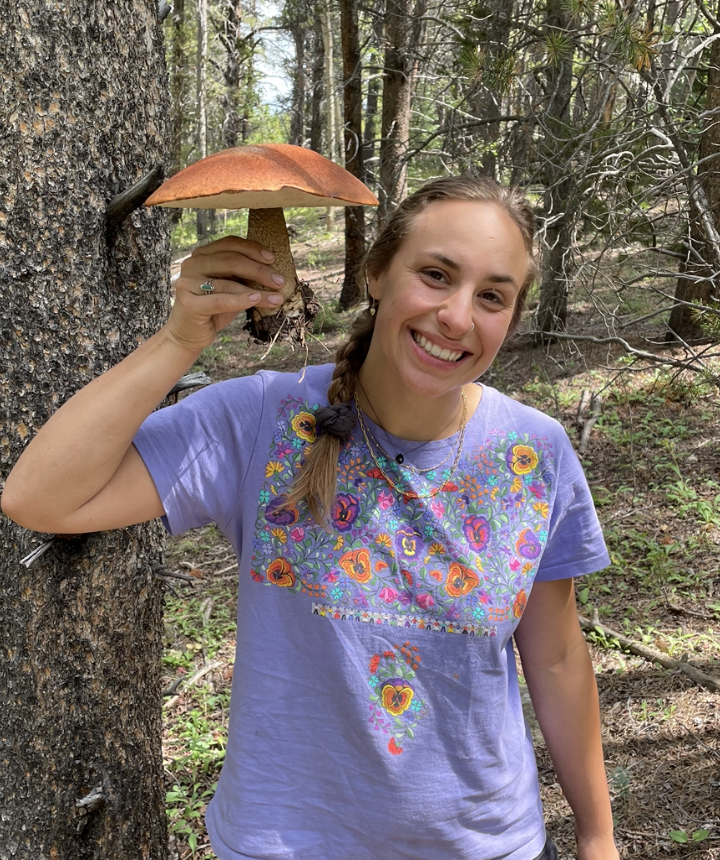 |
|
Tohmi Barret
EcoFlora Project Manager, The New York Botanical Garden
B.S. University of Colorado Denver
LinkedIn
Tohmi is the New York City EcoFlora project manager, and is passionate about the intersection of community development through integration and appreciation of our natural world. She has worked in the Santa Cruz redwood forests as a naturalist, in outreach for the Denver EcoFlora project, and in the lab identifying spiders for the Denver Museum of Nature and Science. She believes that cultivating our connection to the earth is the key in building a sustainable and equitable future.
|
| |
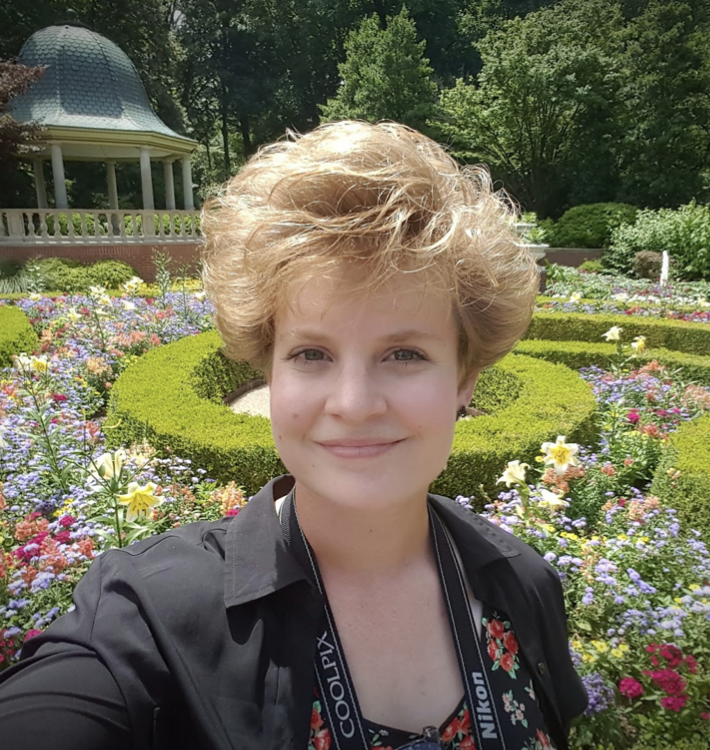 |
|
Keri Maricle
Life Sciences Instructor, Adjunct, Barton Community College
M.S. in Biology from Fort Hays State University (Hays, KS, USA)
B.S. in Biology from Fort Hays State University (Hays, KS, USA)
LinkedIn
Keri is a biologist and educator with experience teaching K-12 and college level courses in the life sciences. Currently, Keri is working on a psychology degree with research focused on LGBTQ+ inclusion and sense of belonging in STEM education.
|
| |
|
|
|
Dr. Agnes Dellinger
Assistant Professor, University of Vienna
Postdoc, University of Colorado Boulder
Postdoc,University of Vienna
Ph.D. (Botany) University of Vienna
M.S. (Ecology) University of Lund and University of Vienna
B.S. (Ecology) University of Vienna
@the_kunsze
Website
Agnes is fascinated by pollination and how flowers adapt to different pollinators across varying abiotic environmental contexts. She mostly works on the tropical plant family Melastomataceae, with a particular focus on the fine-grained morphological adaptations to buzz pollination (where bees apply vibrations to stamens in order to extract pollen) and pollinator shifts. Agnes combines observational and experimental fieldwork with detailed morphological and phylogenetic comparative analyses, statistical modelling and genomics.
|
| |
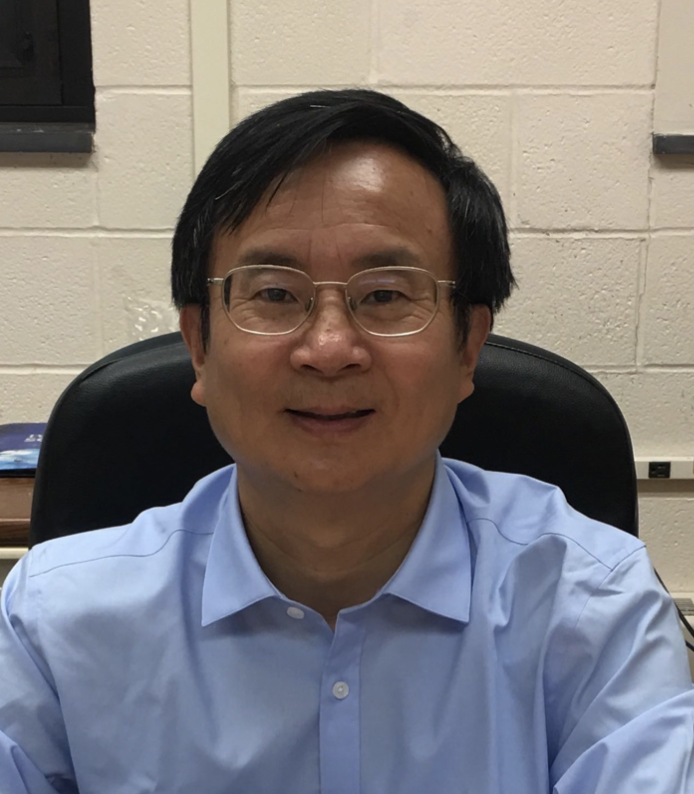 |
|
Dr. Hong Ma
Professor of Biology, The Pennsylvania State University
Ph.D., Massachusetts Institute of Technology
B.A. Temple University
Dr. Hong Ma is a professor of biology and holder of the Huck Chair for Plant Reproductive Development and Evolution, at the Pennsylvania State University. He has worked with students, post-doctoral scientists and collaborators to understand the molecular mechanisms regulating plant reproductive and to reconstruct angiosperm phylogenies using nuclear genes, with an aim to learn about factors that shape plant evolution and diversity. Among the angiosperm groups he and his colleagues have studied are large families, including Asteraceae, Orchidaceae, Fabaceae, Poaceae, Brassicaceae, Rosaceae, Solanaceae, and Cucurbitaceae. He is actively involved in education and training of students at different levels, particularly undergraduate and graduate students, to help them prepare for their careers in a variety of fields. He is especially happy to meet with young conference attendees and share some thoughts and experiences related to career development.
|
| |
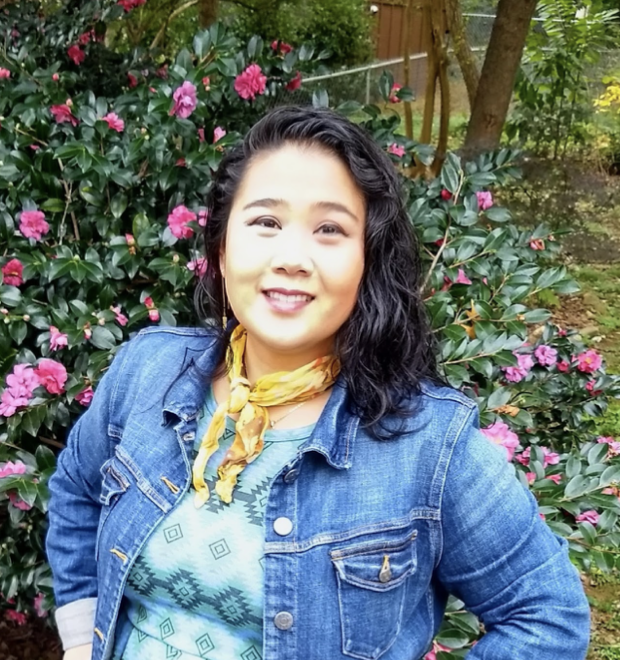 |
|
Dr. Rima Lucardi
Forest Service Research Ecologist, USDA Forest Service, Southern Research Station
Ph.D. (Biological Sciences) Mississippi State University
B.S. University of Texas at Arlington
Current Agencey Website
Natural Inquirer Scientist Card
Dr. Rima Lucardi is a Research Ecologist for the Southern Research Station of the US Forest Service, Research & Development Deputy-Area for over a decade, and is stationed at the Forestry Sciences Laboratory in Athens, Georgia. Her research focuses on non-native and/or invasive plant colonization successes and failures, with additional focus on the prevention and early-detection & rapid response (EDRR) stages of warm-season, globally-cosmopolitan cane-grass invasions facilitated by global trade and exacerbated by global climate change. Dr. Lucardi serves the Southern Region of the US, with national and international research on multiple “risky” cane-grass species. Her educational traineeship and professional experience includes multi-disciplinary research involving, but not limited to, plant biology & ecology, biological invasions & biological control, population genetics & genomics, and testing foundational biological theories with directly observed and quantified data.
|
| |
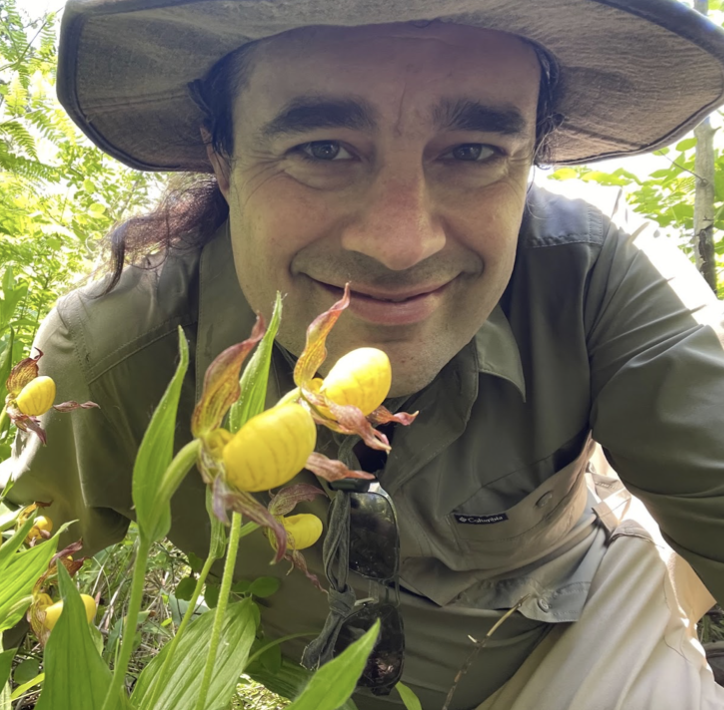 |
|
Dr. Jesse Miller
Kew State Rare Plant Botanist, Washington Natural Heritage Program
Ph.D. University of Wisconsin-Madison
B.S.c The Evergreen State College
@texosporium
Website
What I do: I am currently working as the state rare plant botanist for Washington state. In this role, I provide scientific guidance on the conservation and management of rare plants, lichens, bryophytes, fungi, and marine macroalgae across Washington, and I periodically update the state rare plant rankings. Previously, I taught ecology and statistics at Stanford.
|
| |
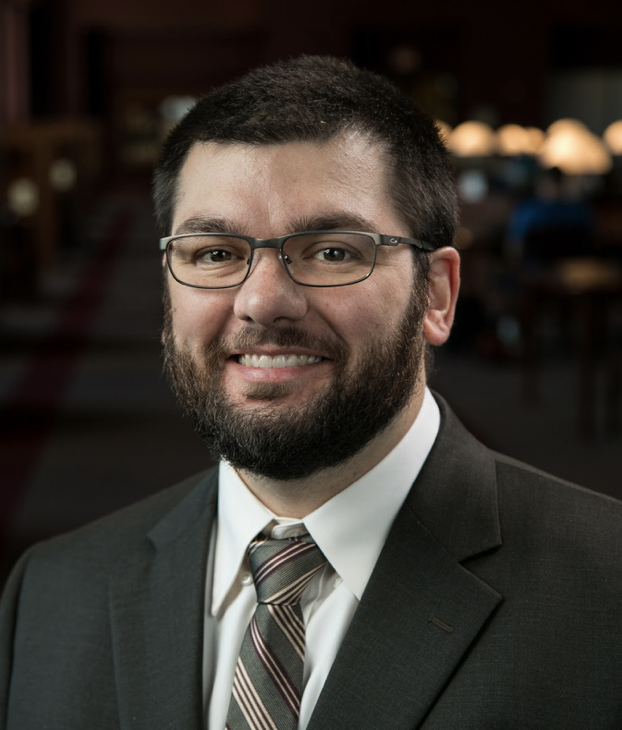 |
|
Dr. Jordan Metzgar
Curator of the Massey Herbarium (VPI), Department of Biological Sciences, Virginia Tech
Ph.D. Biology, University of Alaska Fairbanks
B.S. Biology, Cornell University
@MasseyHerbarium
Website
Jordan Metzgar is the curator of the Virginia Tech Massey Herbarium. He received his B.S. in biology from Cornell University and earned his Ph.D. from the University of Alaska Fairbanks for his dissertation on the evolution of the parsley ferns (Cryptogramma). His current job involves researching the ecology of various southeastern USA plants and running an active STEM outreach program in the local community. Jordan became entranced by ferns when he was an undergraduate and his favorite plant is walking fern (Asplenium rhizophyllum).
|
| |
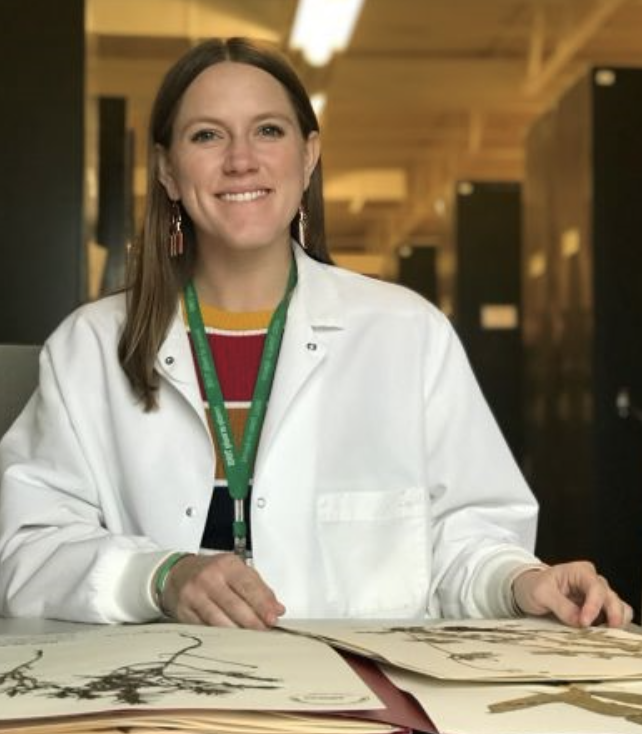 |
|
Ashley Beordelon
Royal Collections Manager, BRIT Philecology Herbarium, Fort Worth Botanic Garden
B.S. (Biology) University of Alabama
GIST Certificate, Texas Tech University
@fraxinusbee
Website
Ashley is the Collections Manager for the BRIT Philecology Herbarium (BRIT-SMU-VDB-NLU collections) at the Fort Worth Botanic Garden. In her role, she manages the nearly 1.45 million specimens through continuous preservation efforts and by making them accessible to both local and global researchers and communities. Ashley works closely with volunteers to coordinate their help at all stages of specimen curation: mounting, imaging, transcribing, georeferencing, filing, etc. She engages with students and the public through on-site visits and off-site events as well as virtual outreach through social media and presentations via Zoom.
|
| |
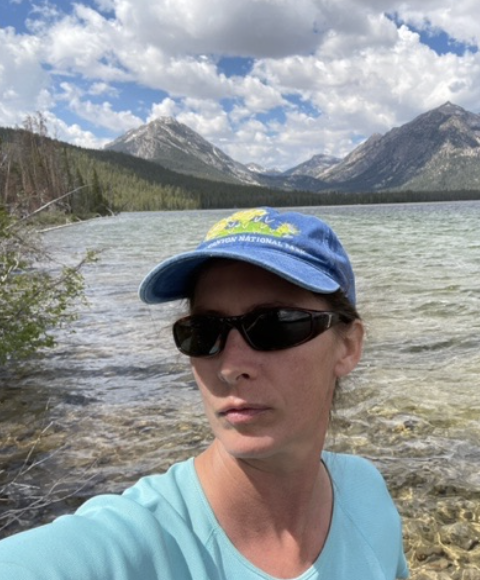 |
|
Karie Pappani
Conservation Director, Idaho Native Plant Society and Harris Ranch Wildlife Mitigation Association
M.S. Idaho State University
B.S. Albertson College of Idaho
B.A. Albertson College of Idaho
Website 1
Website 2
Website 3
As the Conservation Director for the nonprofit organization, HRWMA, I develop conservation plans and carry out field restoration projects in the Barber Valley; encompassing privately owned land along the Boise River, on the valley floor, as well as land that stretches up into the foothills. My scientific background in riparian and upland restoration, fisheries, hydrology, zoology, and botany has served me well in my current position. I also bring a diverse set of skills in volunteer and event coordination, education and outreach, website and newsletter content, and collaboration across sectors that round out my role as director. I have been given the great opportunity to be part of the publication of newly described species as well as a contributing botanical illustrator on signage about the rare plant, Mulford’s milkvetch, which grows in the Boise foothills.
|
| |
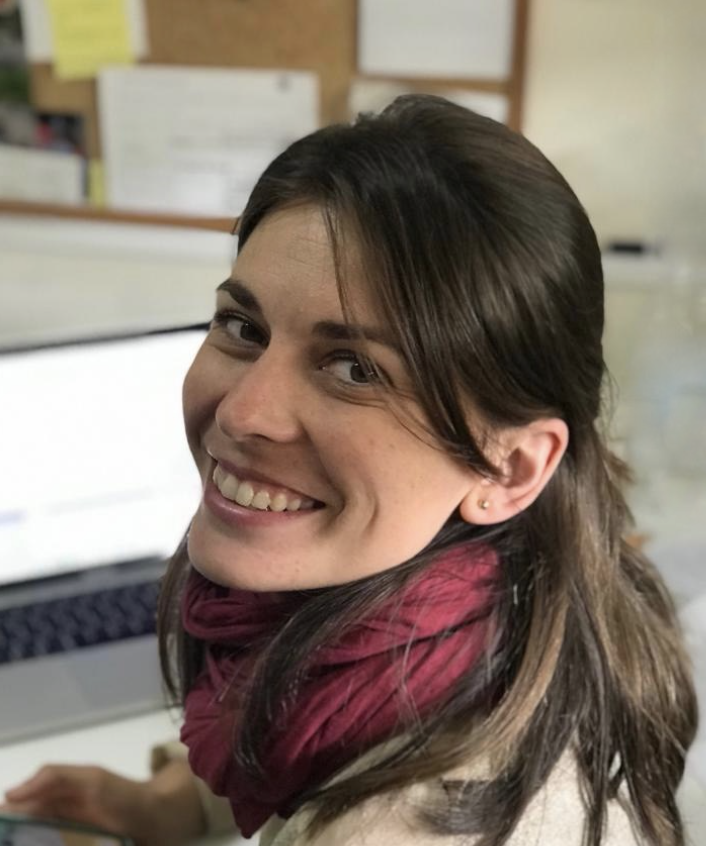 |
|
Dr. Alicia Talavera
Postdoctoral fellow, Smithsonian Institute, University of Malaga
Ph.D. (Molecular and Cellular Biology) University of Malaga, Spain.
B.S. (Biology) University Complutense of Madrid, Spain.
@TalaveraJ_A
Alicia Talavera is a postdoctoral researcher at the Smithsonian National Museum of Natural History and University of Málaga. Her main research interest lies in understanding the diversity of woody perennial fruit crops. Her Ph.D. was focused on developing genomics tools for two (sub)tropical fruits: avocado and cherimoya. Currently, she applies the genomic tools that she learned to address evolutionary hypotheses. The main goal of her postdoctoral research is to assess the role that hybridization has played in the diversification of the Vitis species complex in North America.
|
|